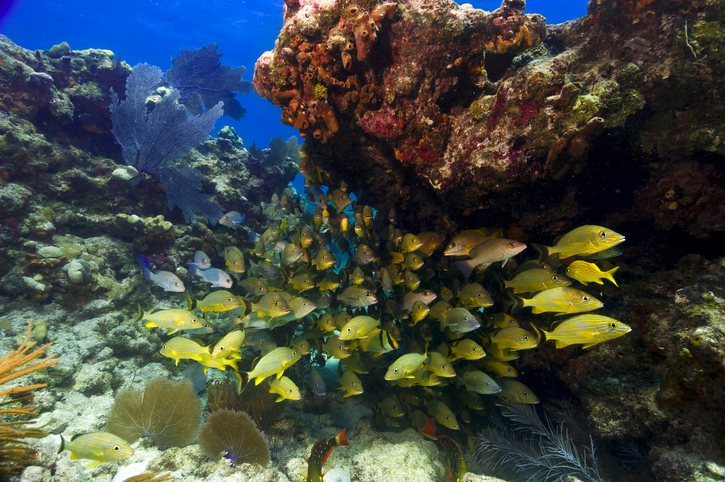The US has proposed protections for coral species in the Caribbean and the Pacific Ocean, according to an article in The Guardian. The proposed rules would protect 12 species and more than 6,000 square miles of key habitat. The protections outline the following issues as threats:
- Climate change is the most severe threat, causing ocean acidification and slowed coral growth.
- Ocean warming contributes to coral bleaching, where coral expels the algae living in their tissues.
- Land-based pollution also causes problems for these threatened coral species.
- Fishing also is thought to pose a threat as it can cause physical damage to already fragile structure.
Critical habitat areas would be protected around Florida, Puerto Rico, and the Virgin Islands for coral species including pillar coral, mountainous star coral, and lobed star coral. Areas around the U.S. Pacific Island territories of Guam, American Samoa, and the Northern Mariana Islands would install protections for sensitive reef-building species in the genus Acropora.
The new habitat protections will help regulate local threats to corals like overfishing, pollution, and dredging operations. A report from the National Oceanic and Atmospheric Administration (NOAA) outlined the economic value of the reef systems at more than $3 billion annually.
Become an Ambassador for All Hands Alliance and do your part to help clean the oceans and waterways in your area. Learn more about our mission.

